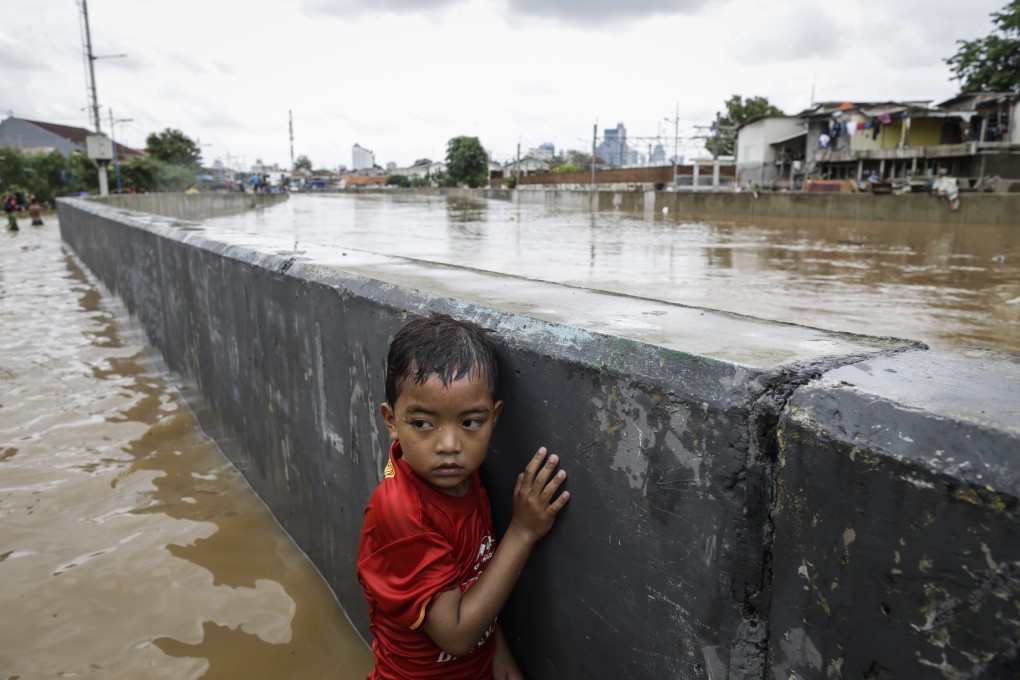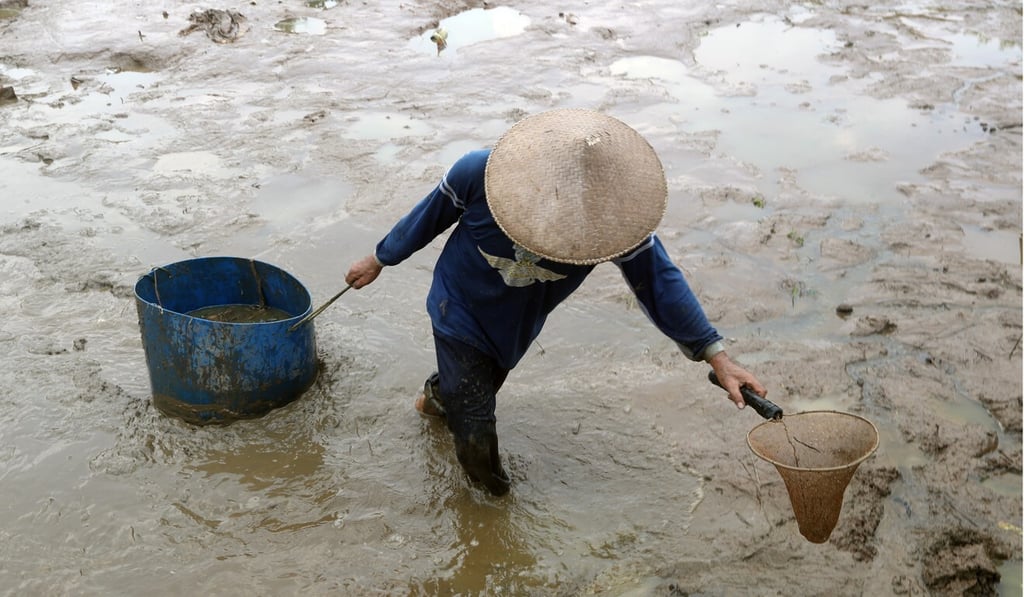How insuring the poor in Hong Kong and elsewhere is becoming big business
- Microinsurance, previously the domain of NGOs, is gaining critical mass as a market and starting to attract big banks and tech start-ups, including in Hong Kong
- This is good news for the poor, whose needs for insurance have increased with climate change and the pandemic

An academic study using Grameen Bank data has showed that the poor benefit from microinsurance, with improved household incomes, better health and nutritional status, and a lower poverty rate.
In Indonesia, the most populous country in Southeast Asia, many multinationals sell microinsurance products. The Indonesian subsidiary of Allianz Life, for example, offers Sekoci, with premiums that can be paid over the mobile phone. The product’s target customer has an income of only around 2 million rupiah (US$136) per month.

In Singapore, NTUC Income (established by the National Trade Union Congress) also offers insurance for the low-income. For example, the Income Family Micro-Insurance Scheme offers insurance protection at no premium to eligible students from under-privileged families and pays out S$5,000 (US$3,700) in case of death or total and permanent disability of a parent or guardian.
